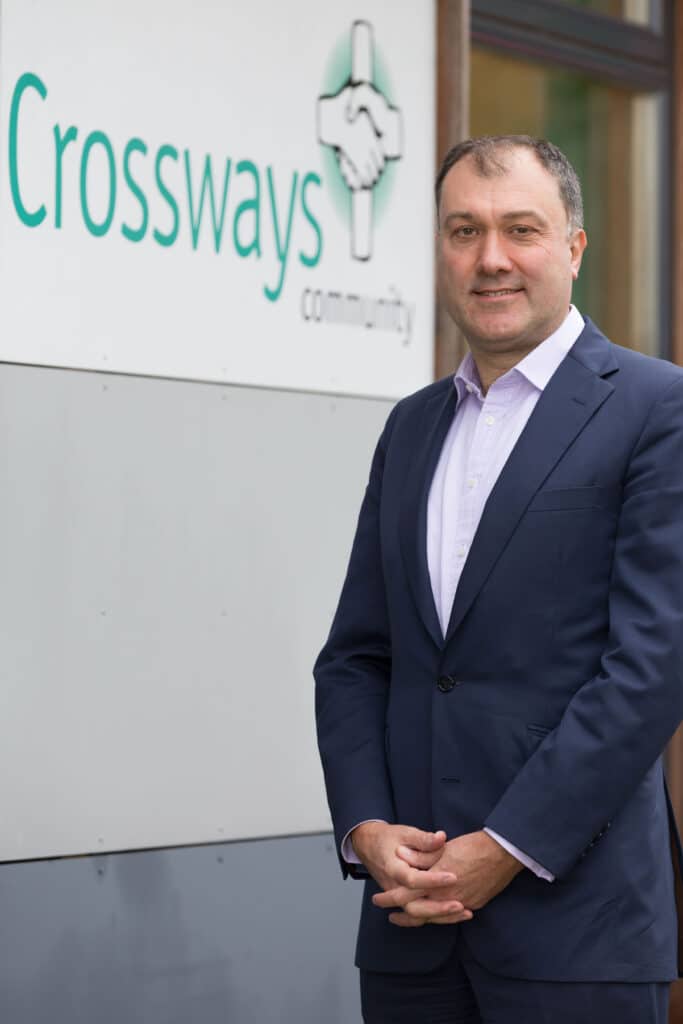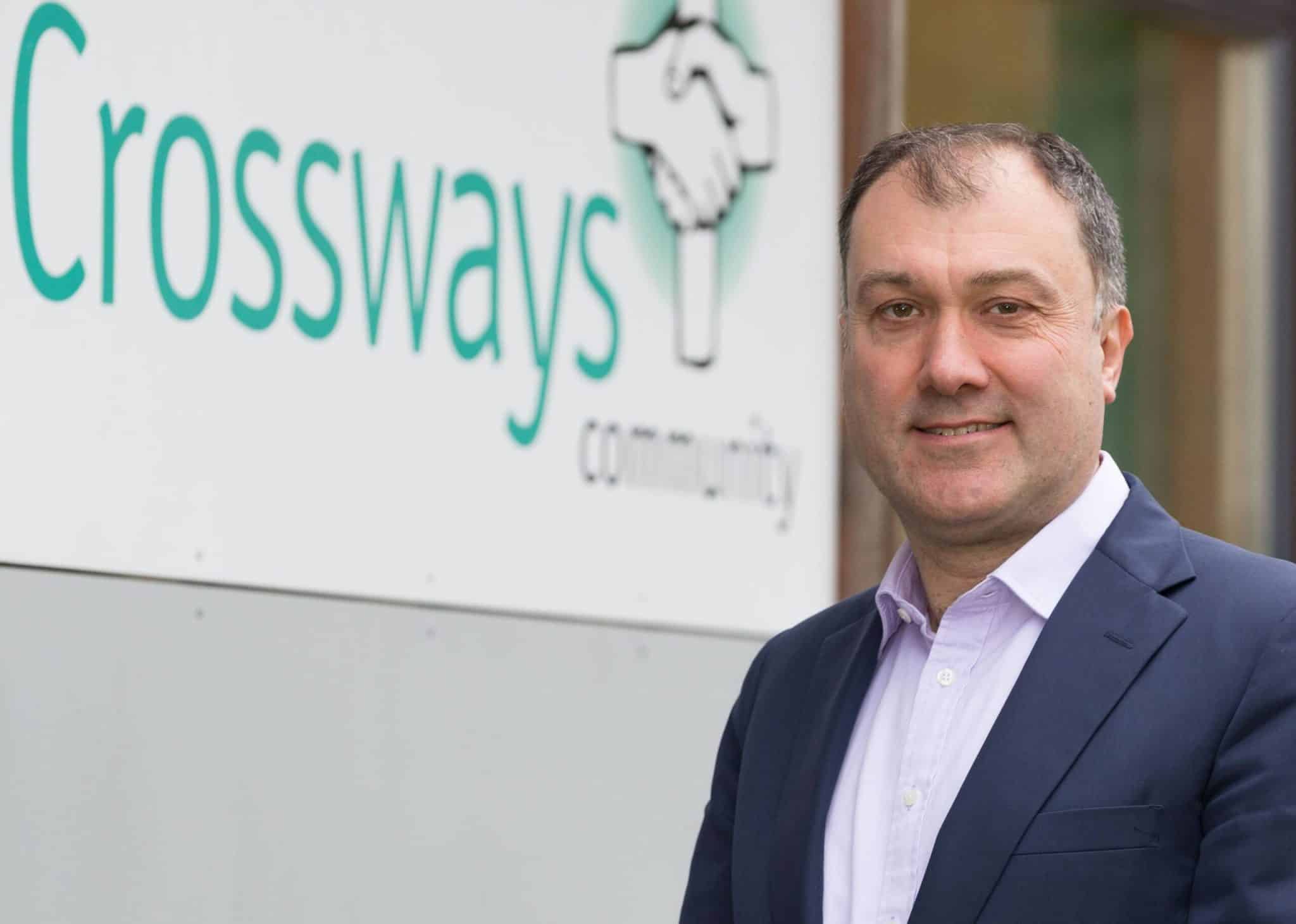A third of Kent Police’s time is being taken up dealing with people with mental health issues, according to estimates by the county force.
Both Chief Constable Alan Pughsley and Kent Police and Crime Commissioner (PCC) Matthew Scott have agreed that custody should be the ‘last resort’ as a place of safety for those with mental health problems.
Yet this is often not the case with detentions under Section 136 of the Mental Health Act, commonly known as being ‘sectioned’, on the rise.
The latest figures show that last financial year 1,005 people were sectioned. Within the first quarter of this year (16/17) the figure was 335. A report to the PCC’s Governance Board admits: “If this upward trend continues the 2016-2017 financial year will see the highest numbers since this area began to be actively monitored.”
And it appears the problem is national, as the number of call outs linked to mental health rose by 43 percent between 2011 and 2015.
The Kent report claims that the police have ‘become the first point of contact for people in mental health crisis rather than the last’.

It goes on to state: “As such the policing of mental health related crime and incidents create great demand on officers and staff who are not experts in the many manifestations of poor mental health and the activities that officers find themselves dealing with is often outside of core policing duties.”
In September, Kent officers were called to an address where a man had harmed himself. No crime had been committed, but the officers wouldn’t leave the man in crisis.
The lack of alternative available support meant it was several hours before the officers were able to leave the scene.
The PCC is now pushing for other organisations, such as the Kent and Medway NHS Partnership Trust and the mental health charity MIND, to help try and ease the pressure.
One such scheme has been launched in Tonbridge, with West Kent Mind set to open a ‘crisis café’ in their premises on St. Mary’s Road after receiving £9,000 in central government funding in November.
The café will be designed to offer a place of safety for those experiencing problems as an alternative to a police cell or a hospital bed, which can often be more distressing and further worsening an individual’s mental wellbeing.
Additionally, counsellors are now helping out in Kent Police control rooms and their involvement has ‘already enabled some calls to be dealt with effectively without police officers attending’, according to the PCC.
Chief Executive of West Kent Mind, Jill Roberts, argues that good 24/7 mental health support ‘does not always mean expensive and stretched NHS resources’ adding: “People often just need someone to talk to and a place where they feel safe, listened to and supported. At West Kent Mind our experienced and well trained staff support people with mental health problems every weekday.”
Chris Munday, Chief Executive of Crossways Community, a Tunbridge Wells charity that provides residential care for those with acute mental health issues, agrees that officers should not be left to deal with those in a crisis on their own.
“Police are understandably not keen to take people into custody and the lack of local mental health crisis provision means that they are hindered in their work. Without a suitable place to take someone who is suffering poor mental health valuable police time is wasted and people are not helped quickly enough,” he said.








